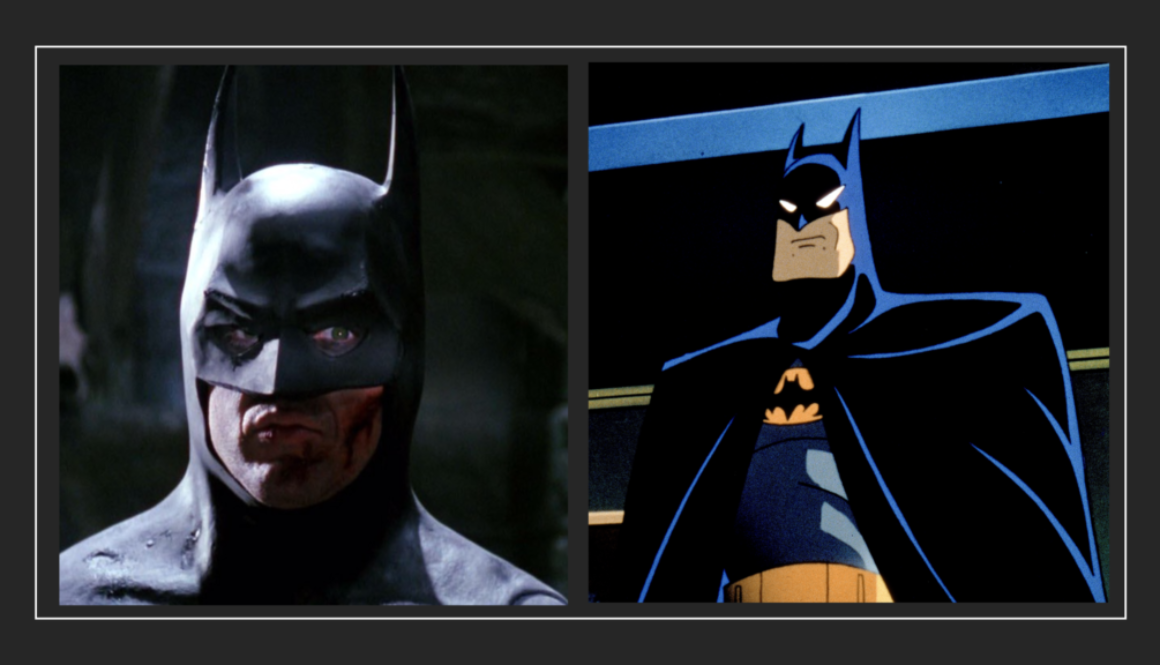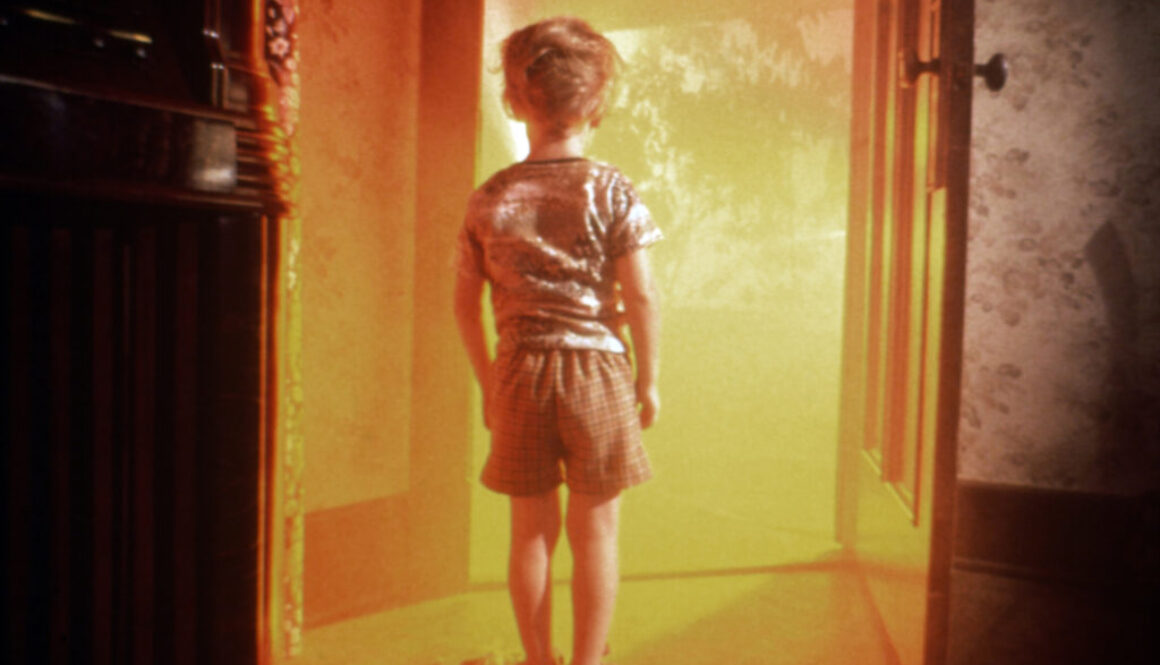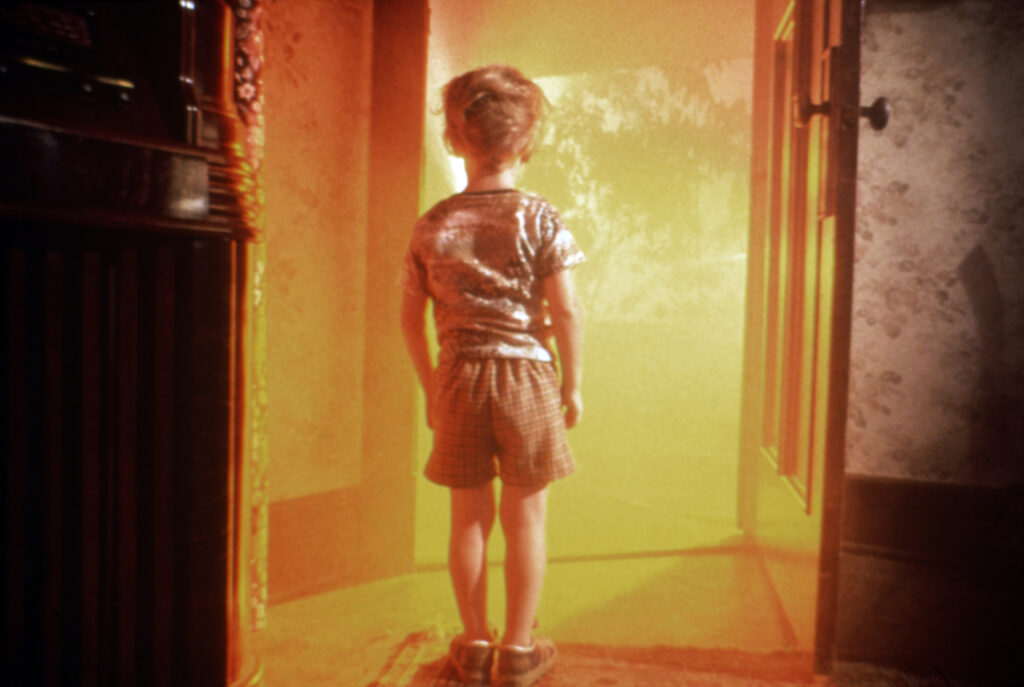The Music and Media Study Group has completed proposed revisions to its bylaws, the first such revision since our founding in 2017. These are being made available prior to our panel and business meeting at the annual American Musicological Society meeting in Chicago next week. The revisions will be voted on at our session, which is scheduled for Saturday, November 16th at 12:30pm.
(As a reminder, our meeting will be split between the business meeting, and two excellent papers on the theme of film music and embodiment, with Prof. James Deaville speaking as a respondent… we hope to see many of you there!)
The proposed revisions may be reviewed at the following link:
https://www.dropbox.com/scl/fi/r14a8bj03nxzo89yhw865/Bylaws-Draft-11.6.24.pdf?rlkey=pu1g3l9dw40t6zhtben8zjdp6&st=zrzdlzv5&dl=0
These revisions can be compared to the original bylaws from 2017, which are linked on this website.
However, here is a brief summary of the revisions:
The most substantial change is to the co-chair structure, in which, according to the current bylaws, three co-chairs rotate annually over the course of three-year terms through series of specifically defined roles. This has been replaced with one in which these roles are no longer as stringently divided among the co-chairs on a rotational basis, allowing for a more open-ended distribution of responsibilities.
The most important exceptions to this greater flexibility are 1) for the current longest-serving chair to take lead on interactions with AMS and mentoring incoming co-chairs, and 2) for one of the co-chairs to exempt themselves from voting on Call-for-Papers and other similar issues in order to anonymize the process. Regarding 2), however, this role need not necessarily always be served by the same chair by virtue of their position but can be agreed upon collectively on an issue-by-issue basis, or can be delegated to a Member at Large, allowing all three co-chairs to potentially vote.
An obligation to hold certain elections for certain co-chair positions on even/odd years, while simultaneously rotating through the three defined positions has been eliminated. It has been simplified to generic three-year terms, and a stipulation that best practice is for the senior member’s position to be up for annual election, thus maintaining the rotational structure while better allowing for occasional flexibility as circumstances demand. Three-year term limits, along with the possibility of re-election, remain provided for by the bylaws.
Specific language has been inserted, and some has been removed, in order to clarify and broaden options for the use of online voting.
The substantial bibliography originally maintained on the old website is not, for the present, available through the new website while larger conversations take place about its ideal purpose and how this relates to the bibliography’s scope and content. For this reason, and because there is no real need for any individual scholarly project to be stipulated in our bylaws, specific references to the bibliography have been removed from the bylaws.
Other, smaller changes in content and wording have been made throughout. Many of these were aimed at reducing the amount of language specifying particular tech applications, social media outlets, etc., and were broadly made in order to keep our options for using these things less pre-determined, and more able to respond to potential shifts in the availability, usefulness, and datedness of resources.
Thank you for your time, and we hope to see many of you in Chicago.



